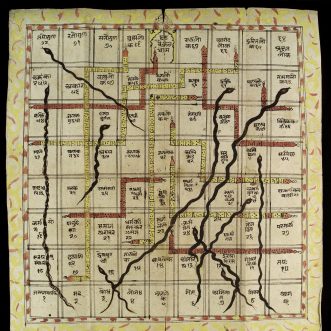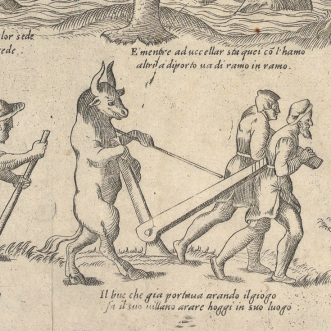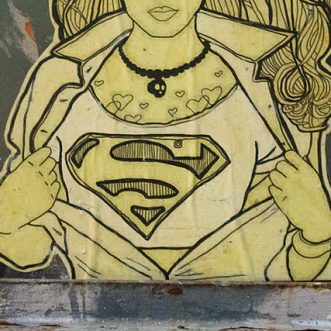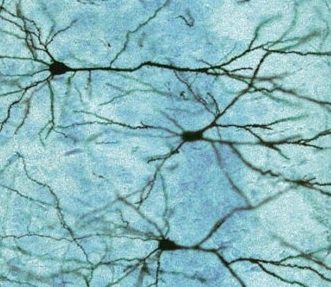
Transactions
Transactions are meant to be purely functional and impersonal. We don’t have to worry about how the person on the other side feels – or even whether they are a person. They don’t have to worry about us either. We both do our business and move on.
All very convenient, but not terribly satisfying.
We humans crave connection and recognition. We love to be seen by others, and we know that the only way to be seen is to see. We’re constantly trying to turn transactions into relationships, however brief (did you speak to the person who gave you your COVID-19 vaccine? I expect so), and especially around the things we value.
I’m happy to pay my car tax through a faceless, characterless portal and my council tax via direct debit, but I prefer to buy my groceries in person, having a chat at the checkout as I do. I buy my books online, from a small independent bookshop. We are both very aware that there are people on the other side of the transaction, and often go out of our way to remind ourselves of that.
Transactions are exchanges that take place between strangers. Or between people who want to treat each other as if they are strangers.
The danger is that by treating each other as strangers, we become strangers. Blind to the needs of others. Blind even to our own need to be valued as a human being. Sublimating that need into a desire for things, or even selling our data in return for a taste of it.
We can’t escape transactions. Our society is increasingly built around them. But as businesses, we can do our best to deliver the relationships our clients really want.
On top of the transaction, as a bonus.
As a gift.








